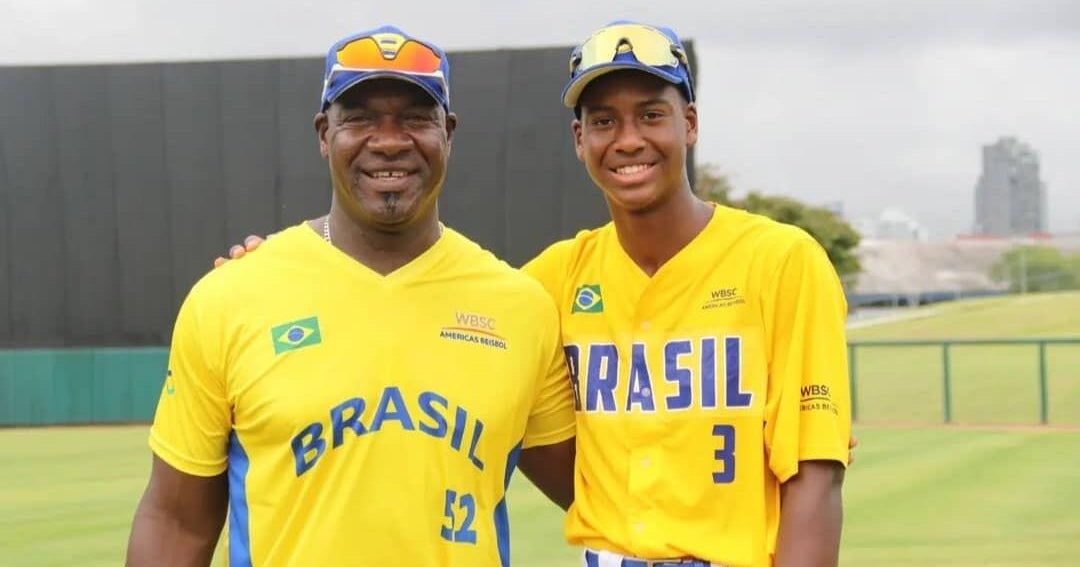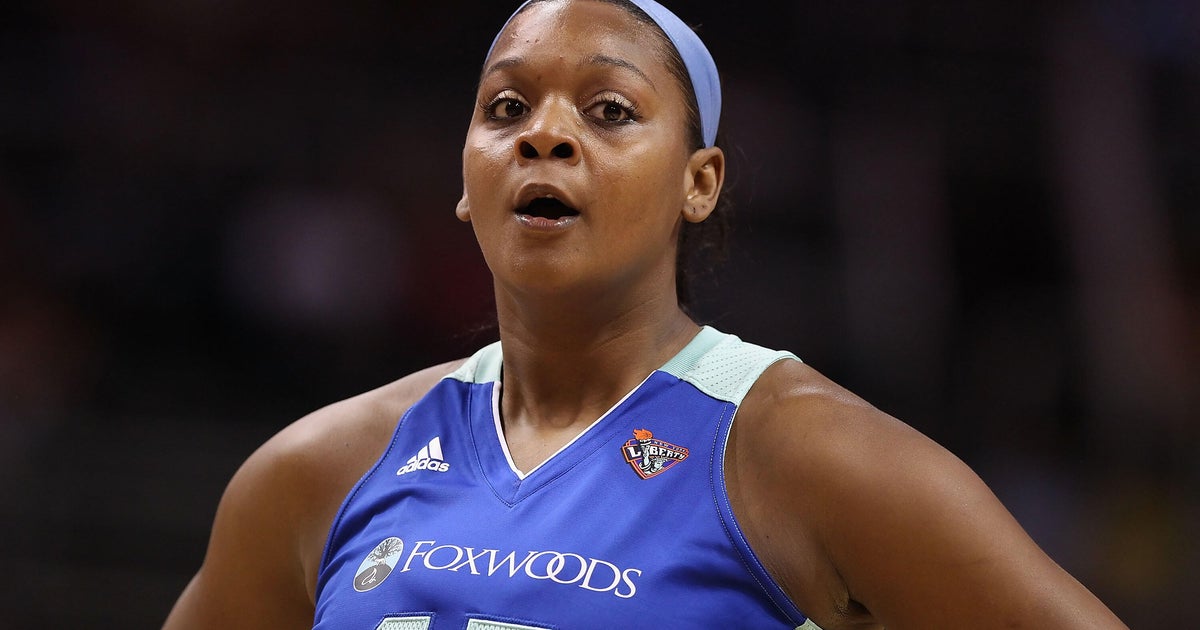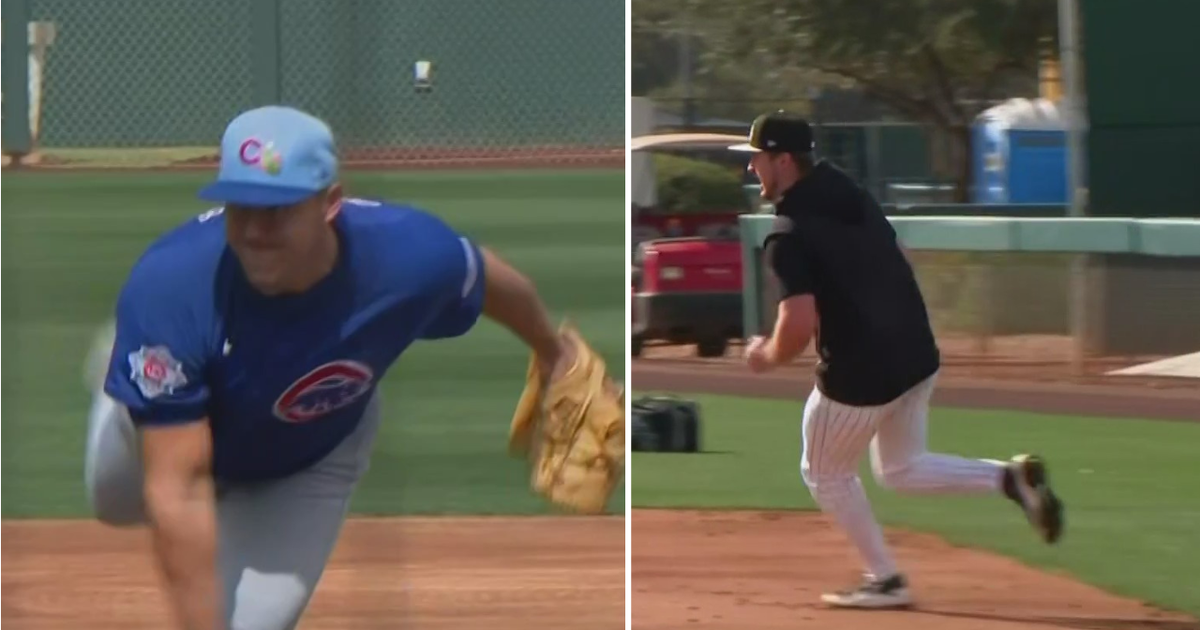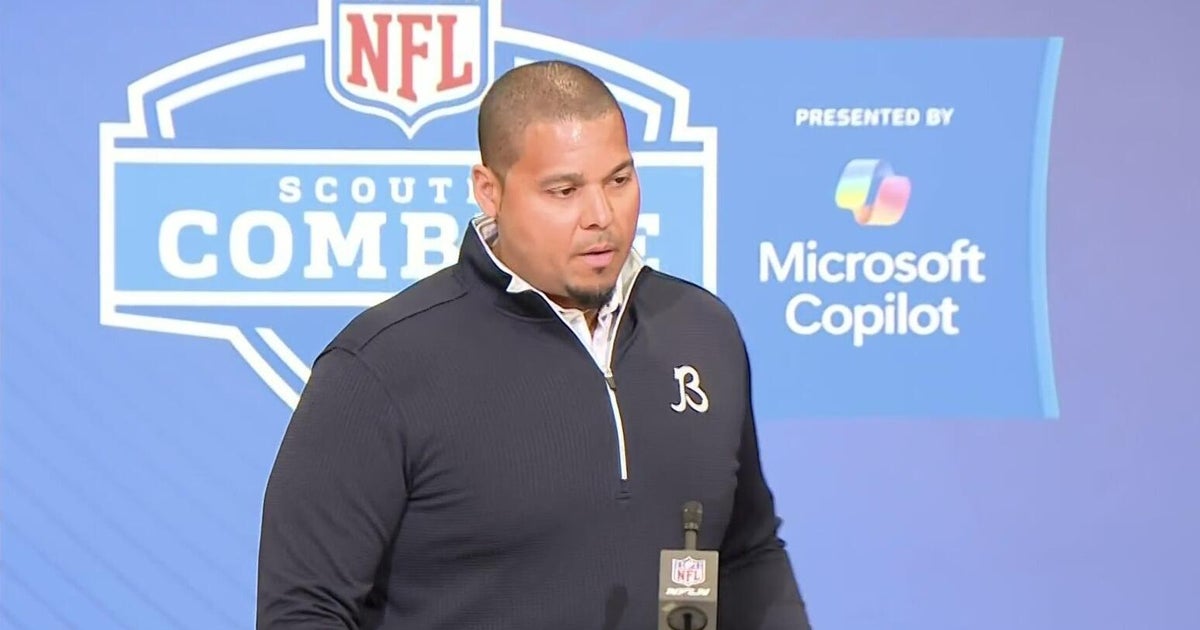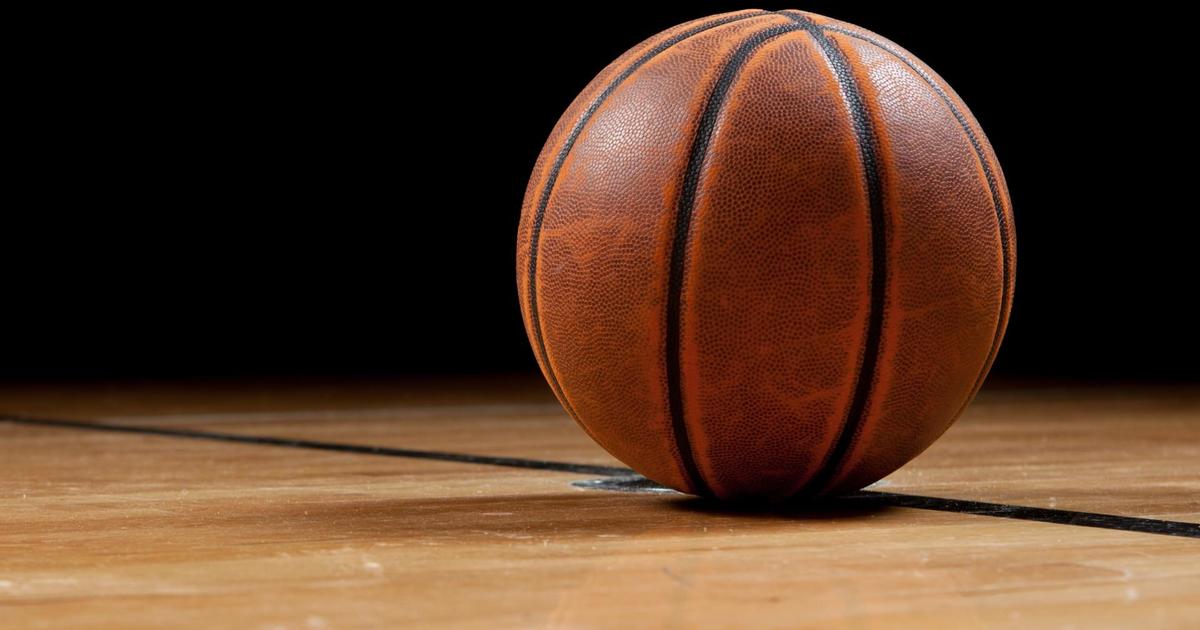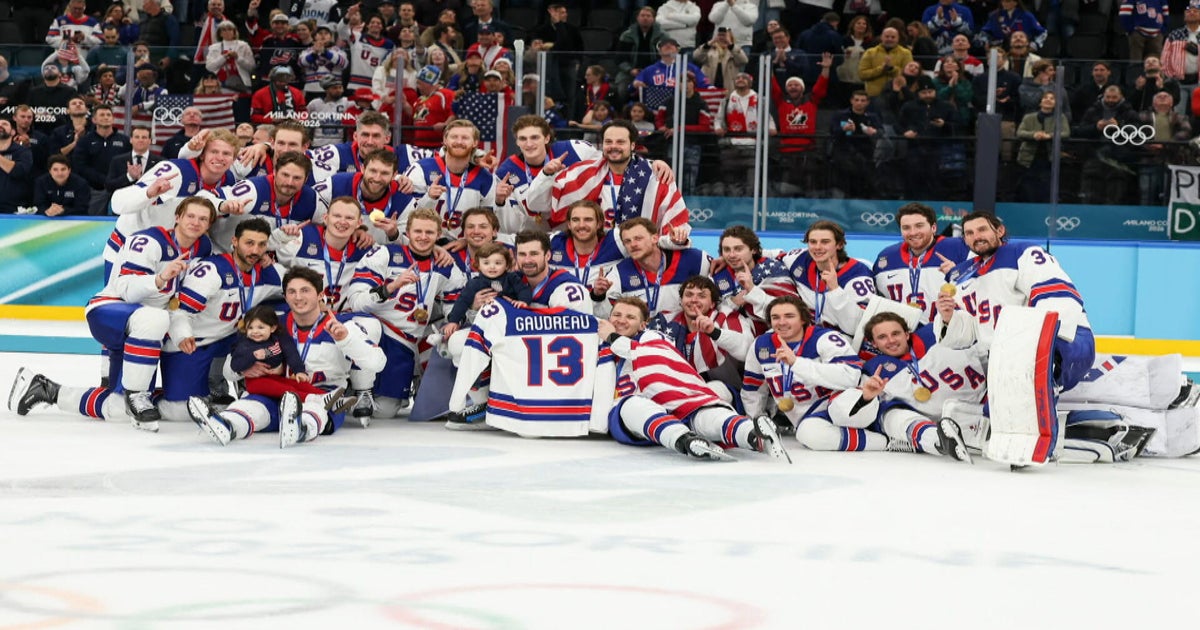Remembering The 1996 Yankees: Kid Named Jeter Made His Shot Count
By Steve Silverman
» More Columns
There was always an aura about Derek Jeter, and it was no surprise when the New York Yankees used the No. 6 pick in the 1992 first-year player draft to select him.
Jeter was clearly one of the best players in the nation, and when the Yankees handed in a piece of paper with his name on it, a key part of the young man's dream was coming true.
Jeter may have played for Central High School in Kalamazoo, Michigan, but he had wanted to be a Yankee from the time he picked up his first baseball glove. He had never been shy about his ambitions, and he started publicly stating at the age of 9 that he was one day going to play shortstop for the famed Bronx Bombers.
PHOTO GALLERIES: Derek Jeter In The Minors; Derek Jeter's 1996 Rookie Season; Derek Jeter Memories And Milestones
Many of us had similar aspirations when we were that age, but most kids understand that by the age of 12 or 13 that a dream like that has next to no chance of coming true. Competition rears its head and sends an unrelenting and clear message that something like that simply is not going to happen.
Few others can have hope until they are 15 or 16. The end of high school ends the dream for 99.4 percent of all youngsters.
But Jeter's career progressed beautifully through the time he was drafted, and there was never a time that the Yankees thought that their first-round pick wasn't going to make it.
MORE: Continuing Coverage Of 1996 Yankees Celebration
They weren't sure when it would happen, when his talent would fully bloom and he would be able to go from top prospect to a legitimate major league shortstop, and there was very little that happened in spring training of 1996 that indicated Jeter would take baseball by storm like he eventually did.
Jeter had an awful spring with the Yankees, and he did not look ready to become a key figure in their lineup. He had actually had his first shot with the Bombers when he was called up in 1995.
He had been hitting .317 at Triple-A Columbus when he was called up because starter Tony Fernandez was injured. Jeter did not dazzle during that stint, as he hit .234 in 13 games before being sent back down for more seasoning.
Jeter was thought to be ready in the spring of '96, but he did not show off his talent right away. There were those in the Yankees organization that were not overly impressed by the young shortstop, including executive Clyde King and his boss, one George Steinbrenner. A trade to acquire shortstop Felix Fermin from Seattle was even considered.
However, the one man who was consistently in Jeter's corner was new manager Joe Torre. He knew Jeter was going to be his opening day shortstop, and he made that point to anyone in the organization that questioned the decision.
Jeter may have struggled throughout that spring, but there were no struggles when the bell rang. He hit a home run in his first game at Jacobs Field in Cleveland and he made a back-to-home plate catch on a pop up while running into the outfield.
Of course, one game does not a rookie season make, and nobody knew that better than Jeter. He worked tirelessly with coach Willie Randolph, who had been one of the team's best middle infielders when he played second base in the 1970s. When it came to the nuances of defense, Randolph knew it all and he shared it with Jeter.
The kid proved to be a willing student, and Randolph picked up on how quickly Jeter learned the finer points of playing in the majors. In addition to the subtleties of the game, like footwork around second base, where to play particular hitters and how the count impacted positioning, Randolph also worked with Jeter on his throwing. Errors had been a problem at times in the minors and Randolph helped Jeter put those issues behind him.
Randolph always sensed that Jeter's confidence level was extremely high, and that point was hammered home as he worked with him.
"The thing that impressed me the most about Derek, early on, is that you could tell he belonged," Randolph would later say. "You have to have a certain confidence when you come to the big leagues. I could sense from Day 1 that he was a guy who believed he could play in the big leagues, and just needed the opportunity."
The Yankees would go on to enjoy a brilliant season in 1996, and Jeter was an anchor of a team that would win its first World Series since the Thurman Munson-Reggie Jackson-Catfish Hunter-Ron Guidry days of 1978. Jeter put up fine numbers, including a .314 batting average, 10 home runs, 78 RBI and a slash line of .370/.430/.800.
All of that added up to Jeter winning American League Rookie of the Year honors. He dominated a rookie field that included pitcher James Baldwin of the Chicago White Sox, Tony Clark of the Detroit Tigers and Darin Erstad of the then-California Angels.
As good as Jeter had been during the regular season, it was his performance in the postseason that would show all Yankees fans -- and haters -- just how special he was.
He hit .412 in the division series against the Texas Rangers, and then .417 against the Baltimore Orioles in the ALCS. The Atlanta Braves held him to .250 in the World Series, but Jeter found a way to get on base at a .400 clip, as he drew four walks New York's six-game triumph.
His performance against the Orioles featured one of the most controversial plays in postseason history. Jeter already had three hits when he stepped into the batter's box late in Game 1. He lifted a long fly ball deep to right field. As Tony Tarasco settled against the fence, he leaped in an effort to make the catch.
Instead, a young fan name Jeffrey Maier reached out from the stands with his glove and caught the ball. He quickly brought his glove back to the fans' side of the fence and umpire Rich Garcia called the play a home run.
Jeter circled the bases as the Orioles moaned. Tarasco explained what happened after the game.
"It was like a magic trick," Tarasco lamented. "I was getting ready to catch it and suddenly a glove appeared and the ball disappeared. When the kid reached over the wall, the kid's glove was very close to mine. We almost touched gloves."
Jeter was unapologetic after the game when he was asked about the play.
"We won the game. Why should I feel bad? Ask them that," he said.
But it was the kind of moment that would typify Jeter's career -- minus the controversy. He would always find a way to make the most impactful plays at the biggest moments.
Jeter would go on to a brilliant career. He is clearly the best shortstop in the history of the Yankees, a team that has won 27 World Series titles. No other team has won more than 11.
When you are the best shortstop on the team that has won the most World Series by a wide margin, it's a huge statement.
It all started with a wonderful rookie season. The rest, as they say, is history.
For more coverage of the 1996 Yankees celebration, please click here.
Follow Steve on Twitter at @ProFootballBoy
